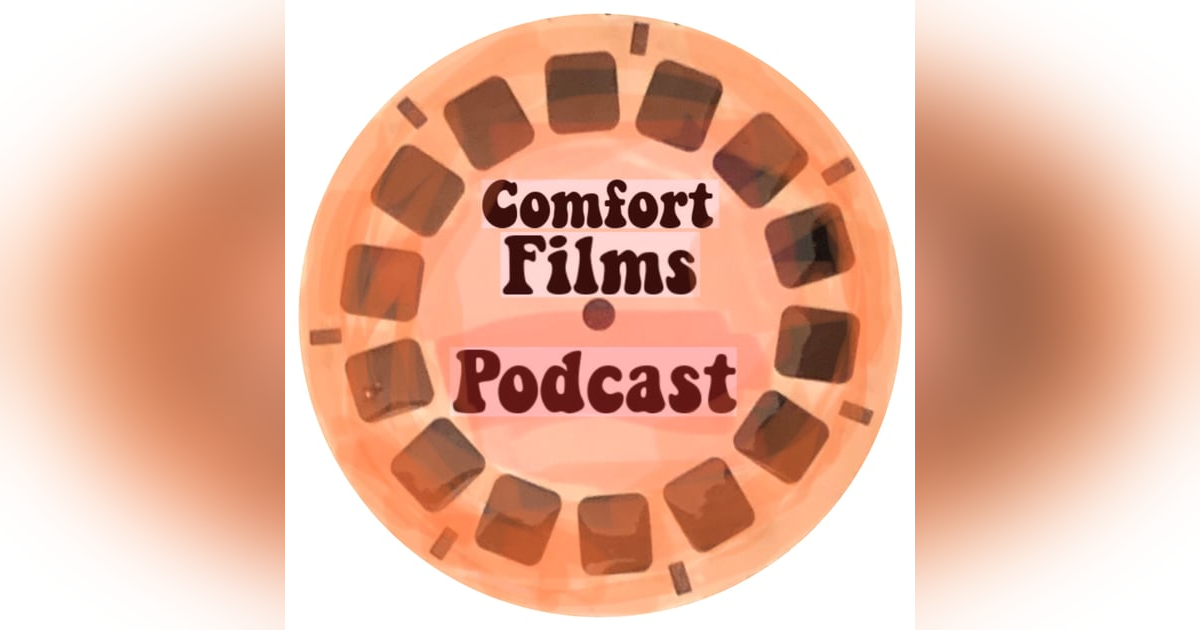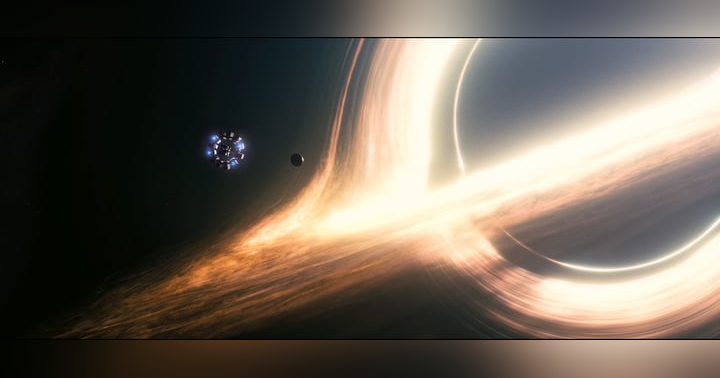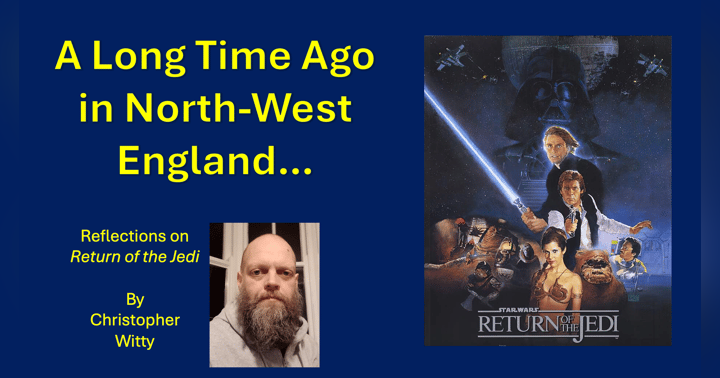The Fisher King: Gilliam Riffs on Eliot

T.S. Eliot is my favorite poet. It’s not only that I love his command of imagery and the subjects that he tends toward[1], but his rhythms and choice of language are often perfect to me. He has lines that, apropos of nothing, live rent free in my head. Many of these come from The Waste Land, Eliot’s epic poem written after the devastation of World War I, particularly the beginning of the second stanza, which feels biblical:
What are the roots that clutch, what branches grow
Out of this stony rubbish? Son of man,
You cannot say, or guess, for you know only
A heap of broken images, where the sun beats,
And the dead tree gives no shelter, the cricket no relief,
And the dry stone no sound of water. Only
There is shadow under this red rock,
(Come in under the shadow of this red rock),
And I will show you something different from either
Your shadow at morning striding behind you
Or your shadow at evening rising to meet you;
I will show you fear in a handful of dust.[2]
The narrator of the poem begins with a lament for his past that would feel familiar to Robin Williams’s Parry in The Fisher King. The narrator mourns those he has lost and finds himself in an “Unreal City” that offers no respite or relief from his pain—only more loss and a faceless mob of others caught up in the same pain. There is a sense of fatalism and lack of agency in The Waste Land; its populace are victims of fate. Their attempts at connection don’t influence improvement to their environment or lives. They are waiting.
The case could be made that Terry Gilliam directly draws on Eliot’s imagery in his film. Gilliam’s New York certainly feels like an Unreal City, particularly when viewed through the lens of Parry’s mental illness, but to a lesser extent, through Jack’s eyes as well. The Grand Central Terminal scene, with the crush of faceless commuters suddenly joining together in a dance and then dropping back into their normal routines brings to mind Eliot’s vision of the crowd passing over the London Bridge:
Unreal City,
Under the brown fog of a winter dawn,
A crowd flowed over London Bridge, so many,
I had not thought death had undone so many.
Sighs, short and infrequent, were exhaled,
And each man fixed his eyes before his feet.
Though each of these people is longing for connection, it is out of reach. They are caught up in the repetitive motions of life. Only Parry meaningfully pursues connection with Lydia, recognizing it as a chance at restoration, and Jack—shaken out of his own stupor by the sheer oddity of Parry—joins his quest, hoping to find his own redemption in order to break the wheel of fortune, which took him so high only to bring him so low.
The tension between free will and fate is another major theme for both Eliot and Gilliam. As I noted earlier, the inhabitants of Eliot’s Waste Land are victims of fate. They are not royalty, heads of state, or military leaders; they are the ordinary people who bear the brunt of the viciousness of the Great War and its aftermath. Parry is directly a victim; his wife was killed right in front of him in a mass shooting. This event completely undid Parry. He was a successful professor of holy grail lore, but the traumatic shock he experienced forced a psychotic break. He loses any ability to function normally in society, becomes homeless, and has recurring hallucinations of a Red Knight. After the shooting, Parry loses his place in the natural order, existing in a kind of limbo outside of the normal cycle of fortune. The Red Knight hallucination evidences Parry’s lack of connection to reality, but ironically, the vision stems from reality. Its red streamers and flame from the head are Parry’s own fictionalized representation of his wife being shot. The shotgun blast went through her head and caused blood to splatter and fly all over him, but the vision of the Red Knight is the only way his damaged mind can process what happened. It also seems that while Parry is terrified of the Red Knight, he also has hope that it will finally catch him and deliver him from his pain. This paradoxical fear and hope represent Parry’s survival guilt. In his final confrontation with the Red Knight, Parry experiences a second mental breakdown. The Red Knight is of course not real, but the thugs from earlier in the film who trawl the streets beating up the homeless are quite authentic. It is again Parry’s fate to run into them, to be brought low again, but the breakdown has placed him back into the natural cycle, allowing him to be brought up again.
Unlike Parry, Jack’s misfortune comes at least partially from his own actions. His thoughtless, edgelord/shock jock response to a mentally ill caller on his radio show led to him inadvertently give a mass shooter “permission” to carry out his plan. Thus, he “triggered” the shooting that killed Parry’s wife, among others. Jack has spent the time after the shooting feeling sorry for himself and his own fall from fortune, but once he meets Parry, he begins to understand true loss and begins to experience his guilt in an intensely personal way. His solution is to help Parry find love again, to restore what he lost in a very 1:1 type of way. This is a simplistic view; Jack’s selfishness also remains well intact even after he successfully completes his mission. Thinking that he’s made amends and cleared his conscience, he reverts to his previous ways, dumping the girlfriend who’s supported him through his worst days and grasping for the success he once had. But against all odds, Parry has connected with Jack. Jack can’t in good conscience allow himself to participate in entertainment that takes advantage of people like Parry. Finding out that Parry has had a relapse into catatonia after his traumatic beating, Jack decides to go ahead and pursue Parry’s plan; he breaks into a mansion and retrieves what Parry has believed is “the grail.” Influenced by his previous life as an Arthurian scholar, Parry had become convinced that his salvation lies in recovering the Holy Grail. Parry doesn’t understand how the grail could restore him, but he has faith that it will. Jack never believed in the Grail, but after the beating, which is traumatic but also serves the fateful purpose of bringing Jack back to Parry, Jack himself becomes Parsifal from The Fisher King myth. He retrieves the grail and gifts it to Parry, and it indeed restores him, not to who he was before the shooting, but to a renewed version of himself. He can experience joy and love again, and he can even reminisce about his wife without it sending him into a tailspin.
Both Eliot and Gilliam end their stories with a note of hope related to nature. Eliot’s poem, which started with a long description of a dry, desiccated land ends with the onomatopoeic sound of distant thunder and the promise of rain. Gilliam’s film ends with Jack and Parry lying naked in Central Park in the grass, watching the clouds move across the sky. There’s a small nod to Jack and Parry’s differing relationships with fate, as Jack asks if the clouds are moving because he willed it, and Parry tells him not to be crazy—it’s the wind. Jack is still looking for his sense of free will and control, while Parry accepts that there are forces beyond his control acting on him. Instead of being a victim of those forces though, Parry now finds his free will in the ability to appreciate and accept the workings of fate.
Episode 23: The Fisher King (Released March 5, 2022)
[1] He’s certainly not perfect, and some of his work can be downright weird. He inspired Cats after all!
[2] See here for the full poem: https://www.poetryfoundation.org/poems/47311/the-waste-land







